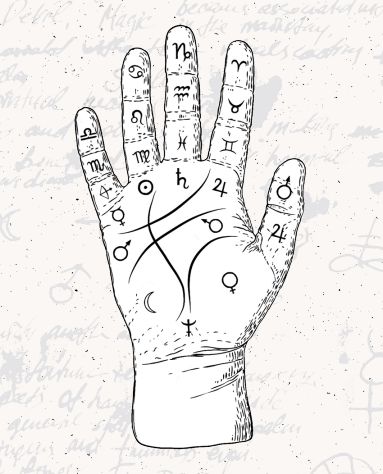

In a lively situation as the Carnival of Venice was, how could you not have this category of profiteers?
Of course there must have been plenty, they could be found on the public markets all over Italy, so why not in the main Carnival square? Gullible people are everywhere!
Since I couldn't decide which image would better fit the idea, I am putting all the ones I found worthy of showing in this page.
One interesting detail I have found that shows up in most of the images is the long tube used to communicate with ... the client.
I imagine the basic idea was of delivering "the word" to only that person, so nobody else could listen to it, but … was it also because of the plague that now and then was hitting Europe?
Or maybe it was a way of adding some "magic atmosphere" to the fortune-teller voice?
Haven't found anything regarding it, sorry.
